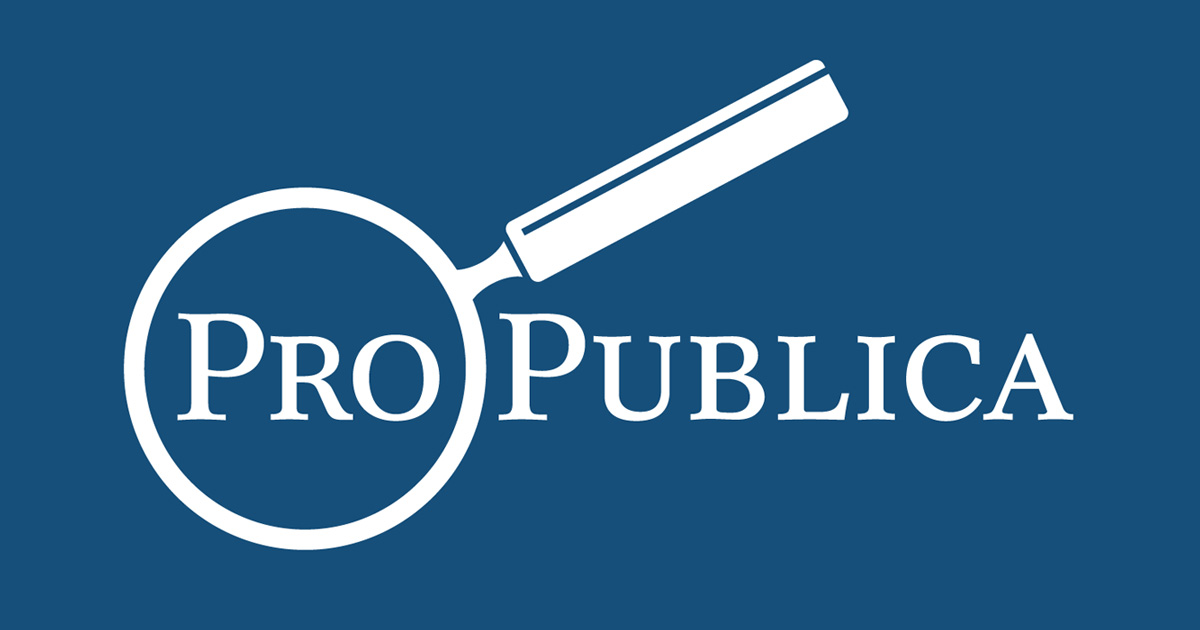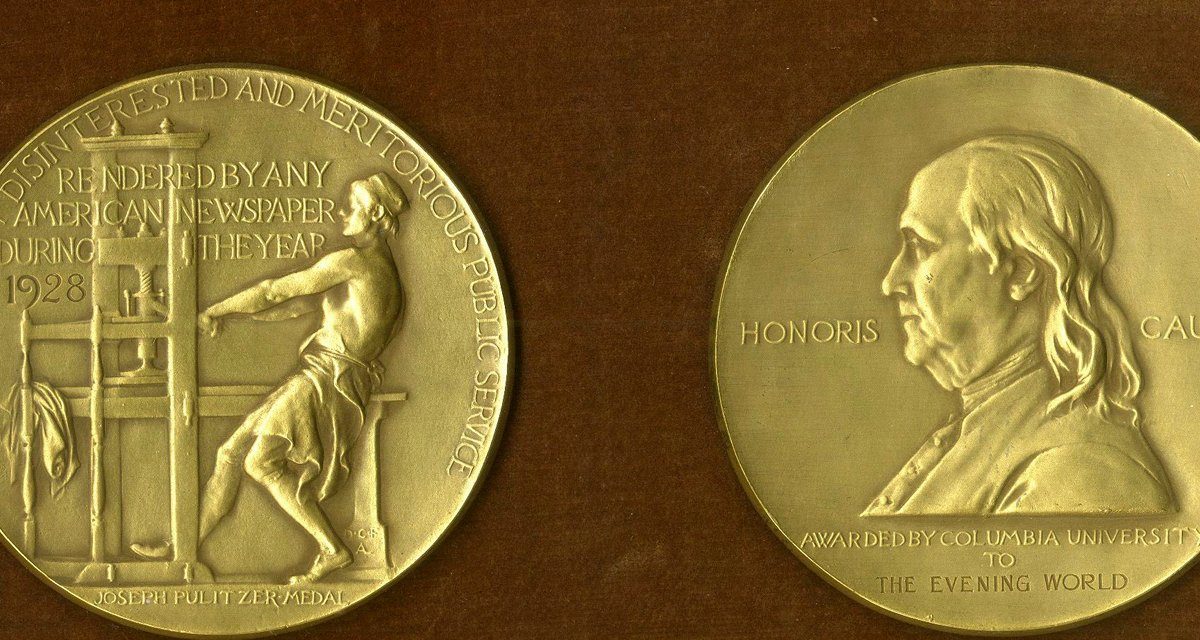The win for the ProPublica website today, capturing the top Pulitzer Prize for public service, may mark a major breakthrough for unconventional news organizations that emerged after online reporting became a substitute for traditional print newspapers.
ProPublica, a nonprofit news group that focuses entirely on investigative journalism and long-form stories, won the Pulitzer’s public service award this afternoon, in conjunction with the New York Daily News. The honor recognized a series of stories by the two news entities that exposed how the New York Police Department abused eviction rules for tenants in the Big Apple.
CNN media critic Brian Stelter described the situation this way: “The pairing of a famed local newspaper and an ambitious nonprofit news website might strike some people as symbolic of turbulent times in journalism.”

The site does not have a “pay wall” that forces readers to pay a subscription fee. Instead, foundations and think-tanks donate and readers are encouraged to contribute to the cause.
Other Pulitzer winners today included a project by the Center for Public Integrity, a nonprofit in the ProPublica mold, that teamed up with the International Consortium of Investigative Journalists, McClatchy and the Miami Herald. In the explanatory reporting category, the Center won for coverage of the Panama Papers. Other honorees were the East Bay Times for breaking news and, notably, the Charleston Gazette-Mail, for investigative reporting.
The Washington Post’s David Fahrenthold won the national reporting prize for his exhaustive investigation of Donald Trump’s track record of a lack of charitable giving.
Wall Street Journal columnist Peggy Noonan received the commentary prize for, the Columbia University judges said, “rising to the moment with beautifully rendered columns that connected readers to the shared virtues of Americans during one of the nation’s most divisive political campaigns.”






